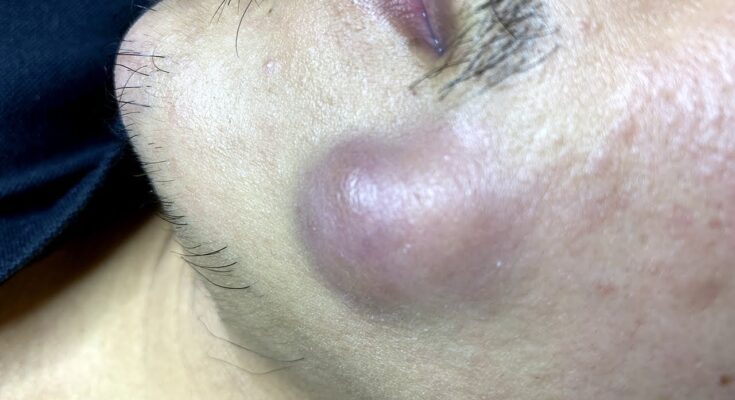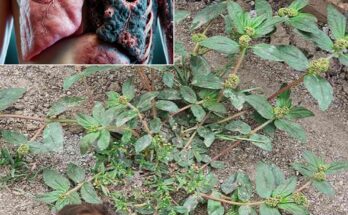skincare treatments, particularly acne extraction and pimple popping videos. These videos are popular among viewers who find satisfaction in watching skin-clearing processes. However, there are a few important points to consider regarding such treatments:
Key Points:
- Professional Assistance:
- Blackhead, whitehead, and cystic acne extractions should ideally be performed by licensed dermatologists or trained skincare professionals to avoid skin damage or infection.
- Hygiene Matters:
- Proper sterilization of tools and cleanliness during extractions is crucial for skin safety.
- Cystic Acne Care:
- Cystic acne often requires medical treatment (e.g., topical or oral medications like retinoids or antibiotics) rather than manual extraction.
- At-Home Risks:
- DIY pimple popping can lead to scarring, infection, and worsening of the acne. It’s best to consult a dermatologist for severe or persistent skin issues.
- Skincare Routine:
- A consistent skincare regimen including gentle cleansing, exfoliation, and hydration can help minimize acne over time.
Tips for Dealing with Acne and Improving Skin Health
1. Skincare Routine Essentials
- Cleanser: Use a gentle, non-comedogenic cleanser twice a day. Look for ingredients like salicylic acid or benzoyl peroxide if you have acne-prone skin.
- Moisturizer: Even oily skin needs hydration. Opt for lightweight, oil-free, and non-comedogenic moisturizers.
- Sunscreen: Protect your skin daily with a broad-spectrum sunscreen (SPF 30 or higher). This prevents post-acne marks from darkening due to sun exposure.
2. Spot Treatments
- Salicylic Acid: Helps to unclog pores and reduce inflammation.
- Benzoyl Peroxide: Targets acne-causing bacteria and reduces redness.
- Tea Tree Oil: A natural antibacterial option for mild acne.
3. Exfoliation
- Use chemical exfoliants like AHAs (glycolic acid) or BHAs (salicylic acid) 1–2 times a week to remove dead skin cells and unclog pores.
- Avoid harsh physical scrubs, as they can irritate acne-prone skin.
4. Lifestyle Adjustments
- Diet: Reduce consumption of high-glycemic foods and dairy, which may trigger acne in some individuals.
- Hydration: Drink plenty of water to keep your skin hydrated from the inside.
- Sleep: Aim for 7–8 hours of quality sleep to reduce stress-related breakouts.
- Stress Management: Practice relaxation techniques like yoga or meditation, as stress can worsen acne.
5. When to See a Dermatologist
- Cystic Acne: For deep, painful cysts, a dermatologist might prescribe oral medications like isotretinoin or hormonal treatments like birth control pills or spironolactone.
- Frequent Breakouts: If over-the-counter products aren’t working, prescription-strength treatments can be more effective.
- Scarring: Consider professional treatments like chemical peels, microneedling, or laser therapy.
6. Recommended Products
- Cleansers:
- Cetaphil Gentle Cleanser
- CeraVe Foaming Facial Cleanser
- Moisturizers:
- Neutrogena Hydro Boost Water Gel
- La Roche-Posay Toleriane Double Repair Face Moisturizer
- Spot Treatments:
- Paula’s Choice Skin Perfecting 2% BHA Liquid Exfoliant
- Mario Badescu Drying Lotion

